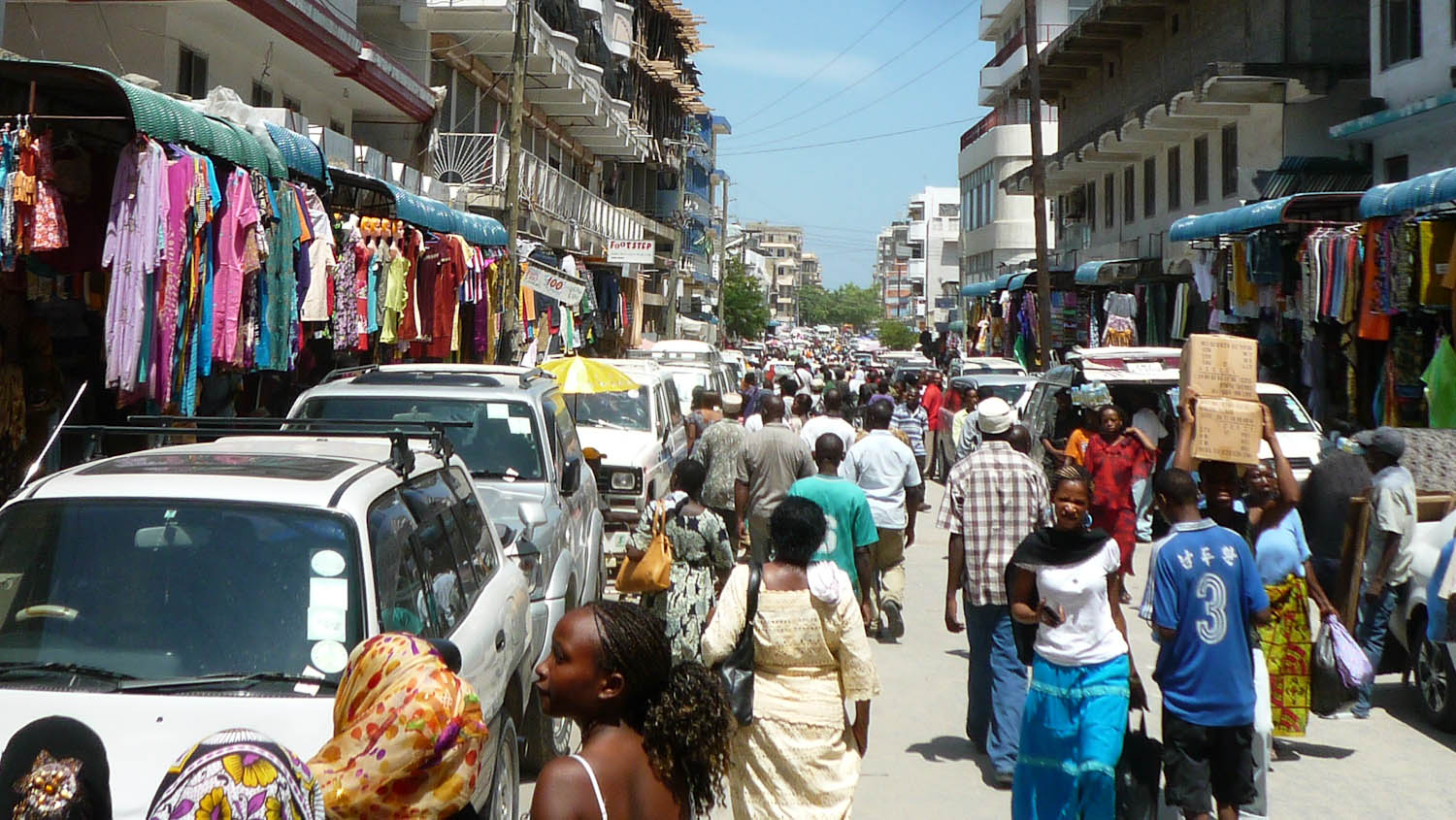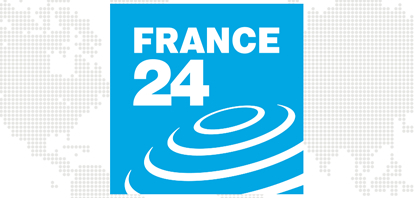
source: https://www.freepik.com/author/nini
High levels of unemployment have compelled almost everyone – in Cameroon and across Sub-Saharan Africa- to engage in commerce i.e. start selling something to earn money. Commerce has thus become a major pathway out of poverty, into a job or even to complement existing jobs. This has created fertile ground for the proliferation of network marketing scams in these parts of the world. On a continent of approximately 1.5 billion people, there is also great potential in this continent-wide ecosystem of commerce. Sadly, the potential is severely impeded by several contextual challenges.
The Context
The easiest way to get a job in Cameroon or across Sub-Saharan Africa is to get a small loan from friends, family, or revolving-savings schemes (locally known as ‘njangi’), buy products, and then sell at a profit. The majority of those who grow up in these parts learn to be salespeople at some point in their life – far earlier in life than most people in Western societies can even imagine. Some kids start street hawking groundnuts and other foodstuffs aged as young as 6. Going around our major cities, you will see kids, boys, girls, men, and women all hawking one thing or another. We become vendors (Buyam Sellam) here out of necessity, we usually don’t have any choice. This situation speaks to the difficult circumstances in which people live. It also speaks to their entrepreneurial spirit and resilience. However, due to a lack of capital, this entrepreneurship never scales. It never goes beyond subsistence. There is good news though: it is going digital.
Commerce Going Digital and Fast
My mom is a retired nurse, but nowadays she spends almost all her time trying to sell fabrics, African outfits, coconut oil, and lots of other things at a roadside store. And even on her Whatsapp status. Regarding WhatsApp, in Cameroon, you can’t watch 5 statuses without seeing a product advertised and sold. This is evidence of one undeniable fact: commerce in Africa is everywhere, going digital and fast. As someone who has been at the crossroads of tech, entrepreneurship, and business in Africa since 2003, I estimate about 50% of sales nowadays are done via WhatsApp, Facebook, Instagram, TikTok, and co. With this in mind, I believe this space that has grown organically over the years can be harnessed with some injection of capital, technology, and skills. There are however too many inefficiencies at every stage of the whole commerce life cycle in Africa making it ripe for disruption.
Let us explore four of these inefficiencies: those that relate to supply chain, access to capital, technology, and skills
Supply Chain
This chain is often overcrowded, and overpopulated, creating a major inefficiency. From the factory to the consumer, you can sometimes have so many middlemen who all add their markups, ultimately penalizing the already struggling consumer. This unnecessarily lengthens a product’s journey from the factory to the consumer, without providing any corresponding and additional value. Everybody – from the distributor to the wholesaler to the retailer- simply wants to make money, more money, creating inefficiencies from unnecessary transportation to numerous markups. Luckily, there is a flip side to this: it creates so much room for disruption.
Access to Capital
There is a popular Pidgin phrase in Cameroon “Wey who give me capital eh.” People often say this when they see an opportunity to sell something but can’t pounce on it due to a lack of capital. Access to capital is still the biggest constraint to commerce being efficient in most African communities. Most merchants buy their inventory at very low quantities which means they don’t benefit from economies of scale and end up retailing the products at very high prices. With more capital, merchants can buy at scale with low unit prices, ensuring that consumers will pay the most optimally low prices ever.
Technology
Technology is known to improve efficiency in every system. With data, merchants can determine what products to procure and at what scale without any waste. Today’s vendors do a lot of guesswork or just infer without any data leading to many products staying on their shelves. With data, machine learning, and AI, they can do smart commerce where they buy just what they will sell given the market and their resources. And maximum profits will be their sole outcome. Technology, therefore, is an indispensable ally in any attempt to build and sustain a business endeavor locally.
Skills
As mentioned earlier, most merchants in Africa get into buying and selling as a way to survive, so they usually don’t have any formal training or skills to scale a company. With the right skills they could. They could learn and do things more effectively in the areas of accounting, marketing, sales operations, human resources, and even capital sourcing and investing which will lead to greater efficiency and growth. Skills – whether formally or informally acquired – are central to driving commercial growth. They cannot and should not be considered secondary because they are part of the invisible yet core infrastructure required for sustainable business growth and success.
The above picture could be intimidating and discouraging too. This is where Buyam comes in. This is where its relevance is anchored. The Buyam team is working day and night to solve most of these issues so that commerce can be super lucrative for everyone in Africa and not just a source of subsistence.
This article was written with the help of Njamnsi Melvin Nchanji







